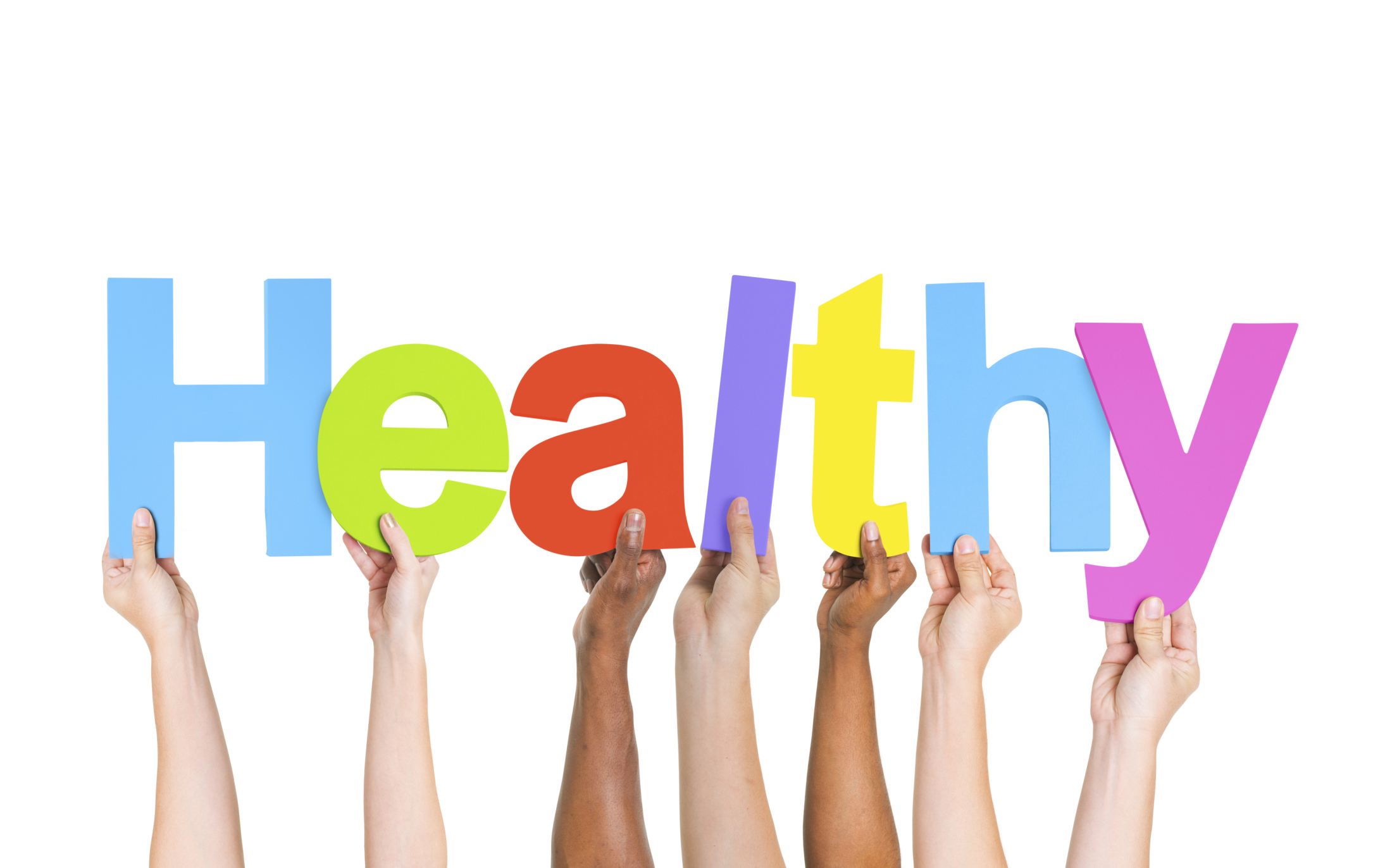Nashwauk-Keewatin School Nurse
Gina Stimac, LPN School Nurse
Nashwauk-Keewatin#319
218-885-1280 x51154
gstimac@isd319.org
If you would like to use Telemedicine and speak to a doctor, here are a few options: PlushCare, Doctor on Demand, OnCare, and MDLive. They are available 24/7. Telemedicine helps to manage ongoing conditions, like depression, diabetes or hypertension; everyday care issues like hair loss or birth control; and urgent care issues, like cold and flu, sinus infections or UTIs.
PlushCare is available at https://plushcare.com/
Doctor on Demand is available at https://www.doctorondemand.com/
MDLive is available at https://www.mdlive.com/
OnCare is available at https://www.oncare.org/
Essentia Health E-Visits are available at https://www.essentiahealth.org/services/e-visit/
If you feel that you or a loved one are suicidal, please text 61222 for assistance.
When to Stay Home
Emoji Illness Guide- When should kids stay home from school?
Fever
Any temperature greater than 100 degrees F is considered a fever. Children must be fever-free for 24 hours without the use of fever-reducing medication (such as Tylenol, Motrin, Advil, etc.) in order to return to school. This applies even if the underlying cause of the fever is non-infectious, such as middle ear infections, etc. Children with a fever do not usually feel well enough to participate in and attend school activities. It is recommended that they are given 24 hours to recover from the fever before returning to school. Please note that a child who exhibits symptoms of illness without a fever may be sent home if the nurse feels this is in the best interest of the child or the child’s classmates (with compromised immune systems).
Colds
Children with an upper respiratory infection without a fever may attend school if they feel well enough to do so. It is helpful in preventing the spread of illness if children learn to use tissues to cover sneezes and coughs and wash hands after contact with the secretions.
Infections
Anytime antibiotics are prescribed for strep throat the student must stay home until he/she has taken the medication for 24 hours.
Any child who has been on antibiotic therapy for 24 hours is no longer considered infectious and may return to school. This includes infections of the eye, nose, and skin. (Exception is pink eye, not all doctors treat this) A doctor or school nurse will decide if an exclusion is necessary to protect others from being infected.
Diarrhea
Children with diarrhea should remain home until they are symptom-free for 24 hours. The only exception is if the diarrhea is the result of a chronic condition, then a note from the doctor is needed indicating that the diarrhea is not infectious.
Vomiting
Vomiting and diarrhea are not considered "normal". Often, children will feel better after vomiting, but will quickly become ill again. Keep them home until they are free of symptoms for at least 24 hours after the last episode of vomiting. As with diarrhea, the only exception is if the vomiting is the result of a chronic condition, then a note from the doctor is needed indicating that the vomiting is not infectious.
Positive COVID test:
Remember, the best prevention measures for you and your loved ones are to wash your hands often, cover your cough and sneeze into your elbow or tissue, wear a cloth face covering, and stay home when you are not feeling well.
Common Illnesses Parent Fact Sheets
Immunization Clinics

Who: Children 3 and 4 years of ageWhat age should my child be screened??? Ages 3, 4 and 5! The best age is 3.5 years of age. Screening is required by the State of Minnesota, prior to Kindergarten entrance.
A screening includes height/weight, vision/hearing, general development, health history and immunization review. The screening will show your student’s strengths and determine what your child may need to work on to be successful in Kindergarten. Also will connect you with resources in the school and community.
*You are able to attend any district for screening, regardless of where your child will be attending Kindergarten. So feel free to schedule screening at the location and date that works best for your family.*
To schedule an appointment for early childhood screening, please call: (218)327-5710
Immunizations
Immunizations are important to keep your child and those around them healthy at school. Vaccines are recommended throughout childhood. Specifically, there are vaccinations required before Kindergarten and prior to entering the 7th and 12th grades.
If you do not plan to have your child immunized for medical reasons or personal beliefs please submit a notarized conscientious objection form or documentation from your physician indicating medical exemption.

